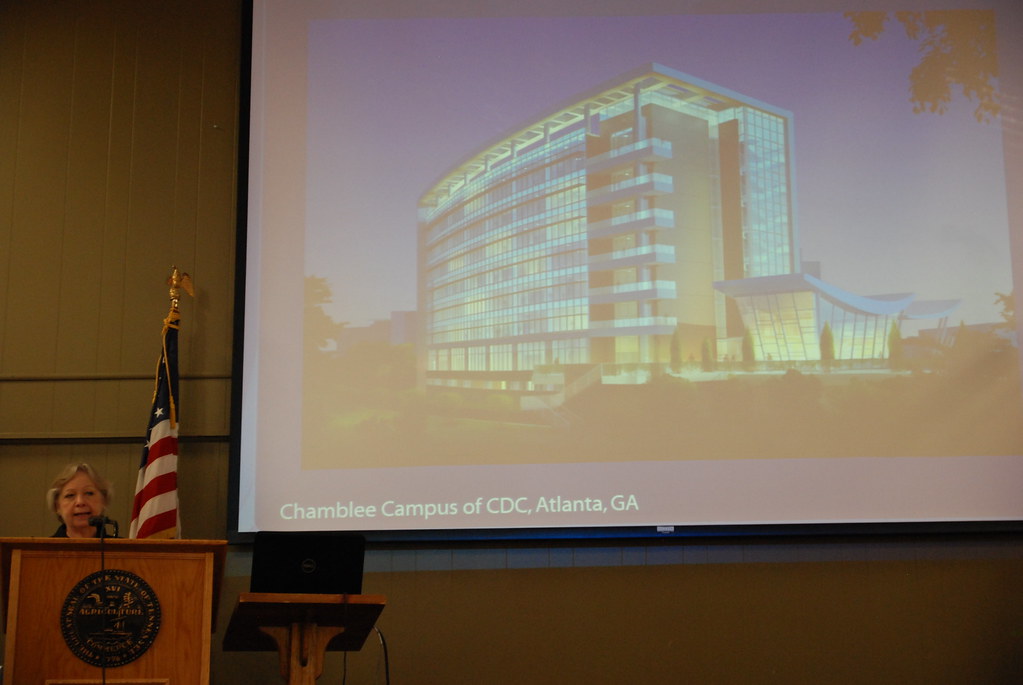Key takeaways:
- President Trump abruptly fired the CDC director, Dr. Susan Monarez.
- White House said she did not share the president’s mission.
- Critics called the reason undemocratic and harmful to public health.
- Monarez was confirmed by the Senate just one month earlier.
- Experts warn this move could weaken the CDC’s ability to fight disease.
Why Was the CDC Director Fired?
President Trump announced on Thursday that he had fired the CDC director, Dr. Susan Monarez. She had led the agency for just over a month. The abrupt move shocked health experts and many lawmakers. Meanwhile, the White House Press Secretary defended the firing at a tense briefing.
Several reporters asked what Dr. Monarez did wrong. Press Secretary Karoline Leavitt said the doctor “never received a vote in her life” and so did not share the president’s mission. Her comment sparked strong criticism from experts and political voices alike. They argued this was more like a dictator’s action than a democratic choice.
White House Reason for Firing CDC Director
When Leavitt faced questions in the briefing room, she pointed to Monarez’s lawyer’s statement. She said that statement showed Monarez was not “aligned with the President’s mission to make America healthy again.” Then she added that the president can fire anyone who does not share his mission.
However, that explanation raised more questions than it answered. No specific policy disagreements were named. No public statements by Monarez were cited. In fact, Trump himself had praised her in March. He had highlighted her decades of experience and her Ph.D. from the University of Wisconsin. He also noted her postdoctoral work at Stanford and her record at other federal science posts.
Critics Blast Firing of CDC Director
Almost immediately, critics lined up to condemn the move. A podcast host compared Leavitt’s comment to the actions of a dictator. A top medical analyst suggested Monarez had refused to rubber-stamp vaccine policy written by someone who does not believe in vaccines. A virologist warned that firing the CDC director for not following an unstated mission could cost children their lives through preventable diseases.
Even commentators on conservative networks mocked the timing and logic. One host called firing your own pick only a few months in office a “great move” in a sarcastic tone. A Democratic congressman warned that this was gutting the nation’s public health apparatus. He said it was more than dangerous; it was unconscionable.
What Comes Next for the CDC?
This firing creates a gap at a critical time. The CDC has been working on vaccine campaigns, monitoring outbreaks, and advising state health departments. Without a leader confirmed by the Senate, the agency will have an acting director again. That can slow decision-making and sap staff morale.
Meanwhile, state governors and health officials worry about mixed messages on vaccines, disease tracking, and funding. They rely on clear guidance from the CDC director. Now they must wait for the White House to name a new nominee. That could take weeks or months.
For example, the measles monitoring team needs clear direction on reporting and travel alerts. And the flu vaccine rollout plans depend on official guidance on strain selection. Without a confirmed director, the agency might face delays in both.
How the Senate Vote Played Out
Dr. Monarez won her Senate confirmation by a narrow margin just one month ago. The vote was 51 to 47, largely along party lines. Many Republicans praised her strong background in microbiology and public health. Some members had reservations about her reported stance on emergency powers. But in the end, those doubts gave way to support.
Now, that same Senate must consider her replacement. If Trump names a new candidate soon, that person will face similar scrutiny. Senators may press for clear policy positions on vaccine mandates, gun-related injuries, and pandemic preparedness.
Why Alignment with “Mission” Matters
The White House insisted that alignment with the president’s mission is key for any senior official. Yet it never spelled out what that mission entails. Does it mean pushing for fewer mandates? Does it mean more funding for certain programs? Or is it a general loyalty test?
When a public health leader must first prove loyalty, policy debates can freeze. Instead of focusing on data and public welfare, leaders might fear speaking up. That can undermine the agency’s mission to protect health based on science.
Lessons from This Firing
First, clear reasons help maintain trust. Sudden firings without detailed explanations breed confusion. Second, stable leadership is essential for health crises. The CDC needs a director who can guide timelines, mobilize resources, and speak clearly to the public. Third, political loyalty tests can weaken expertise. Experts may hesitate to offer honest risk assessments if they fear being ousted.
In the coming days, Washington will watch for the president’s next pick. Meanwhile, the CDC will manage ongoing outbreaks and plan for fall health seasons. Experts hope to see strong leadership soon, backed by clear policy goals and open communication.
Frequently Asked Questions
What happens now at the CDC?
The agency will operate under an acting director. Key decisions may slow until a new, Senate-confirmed leader takes charge.
Who can replace the fired CDC director?
The president will nominate a new candidate. That person then needs Senate confirmation by a simple majority.
How did the Senate vote on the first candidate?
Senators approved Dr. Monarez by a vote of 51 to 47. The vote was mostly along party lines.
Could this firing affect vaccine guidance?
Yes. Uncertainty at the top could delay updates on vaccine strain selection and public health recommendations.
